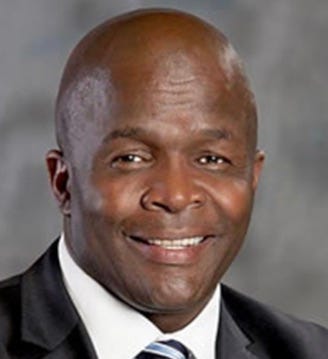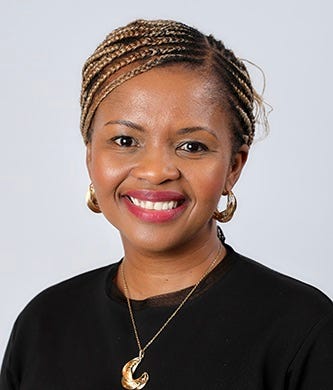Minister and Parliament should work together to fix SABC and industry policy mess
The last 10 years has produced no new laws on the SABC or a new framework for the industry
Upon hearing yesterday that the Minister of Communications and Digital Technologies, Solly Malatsi, had withdrawn the fundamentally flawed South African Broadcasting Corporation (SABC) Bill, I was immediately inclined to publicly welcome the decision.
The Bill had been widely criticised by leading industry, civil society and media groups who were united in calling for the Bill to be withdrawn and for policy to be finalised before it was tabled again.
I was therefore surprised when the Chairperson of the Portfolio Committee on Communications and Digital Technologies, Khusela Sangoni Diko, issued a strong statement condemning the withdrawal of the Bill, and the Deputy Minister, Mondli Gungubele took to X on the same day to criticise the decision of his Minister.



For those unfamiliar with the political landscape, Minister Malatsi is a member of the Democratic Alliance (DA), while Deputy Minister Gungubele and Chairperson Sangoni Diko are members of the African National Congress (ANC). Their parties are partners in a national coalition government known as the Government of National Unity (GNU).
In terms of cooperative governance, it would have been preferable for the Minister to discuss the Bill's withdrawal with his Deputy and the Committee Chair before making his decision, even though he is not legally required to do so. On a talk show the following morning, Deputy Minister Gungubele was more sanguine, acknowledging that while he considered the Bill’s withdrawal “ill-advised,” he would meet with the Minister for further discussions and seemed confident that a resolution could be reached.
This situation may simply reflect typical coalition politics and point-scoring, but regardless, the public would expect the Minister and the legislature to collaborate in order to resolve the ongoing challenges in SABC and broader industry policy.



Interestingly, Deputy Minister Gungubele, who initially tabled the widely criticised Bill as Minister in October 2023, defended the core elements, stating, “The sound financial model is generally agreed upon by stakeholders… It just needs amendment,” adding that the “mere amendment of the bill within the parliamentary processes is fine” since “most controversial matters are largely agreed.”
This is sadly not correct. While most interested parties agree that the current financial model and television licence fee system has been broken for a long time, there is certainly not agreement on “a sound financial model” or on “most controversial matters”. Instead of taking responsibility for the original Bill he had tabled, Gungubele took the position that Parliament could simply fix and amend the Bill.
However, it’s not feasible to "fix" a Bill that is essentially a copy-paste from the 1999 statute, with some constitutionally questionable and largely unexplained alterations. The reality is that there is still no Final White Paper on the future of the SABC or on the overarching policy and regulatory framework within which the SABC operates.
So, what should the next steps be? Since policy should always guide legislation, there is a strong case for tackling both the proposed SABC funding policy and the Audio and Audiovisual Content Services (AAVCS) policy framework together in a single White Paper. This approach has been attempted twice before—in 2020 and 2023—but was seemingly abandoned.
Diving a bit deeper, following a finalised White Paper, the logical next step would be to simultaneously introduce two amendment Bills: the Broadcasting Act Amendment Bill, transforming into the SABC Act and an Electronic Communications Act (ECA) Amendment Bill, which would remove the Broadcasting Services chapter in the ECA and replace it with a chapter on AAVCS. This sequence would ensure that the final SABC Act aligns with the terminology and policy framework of the overarching industry legal provisions, including the updated definitions in the amended ECA. This approach was proposed in the 2020 draft White Paper, and now, four years on, we really don’t have the luxury of separate policy and legislative processes for the SABC and AAVCS.
I’ve spent my fair share of time assigning blame for past policy failures and missed opportunities. But now is the time for the Minister, Parliament, and all stakeholders to work together and finally modernise South Africa’s policy and law on public service media and AAVCS after decades of delay.



